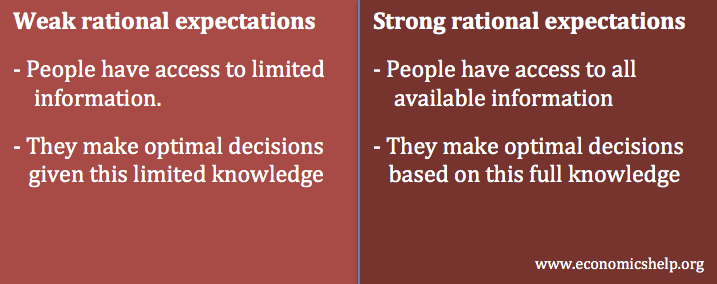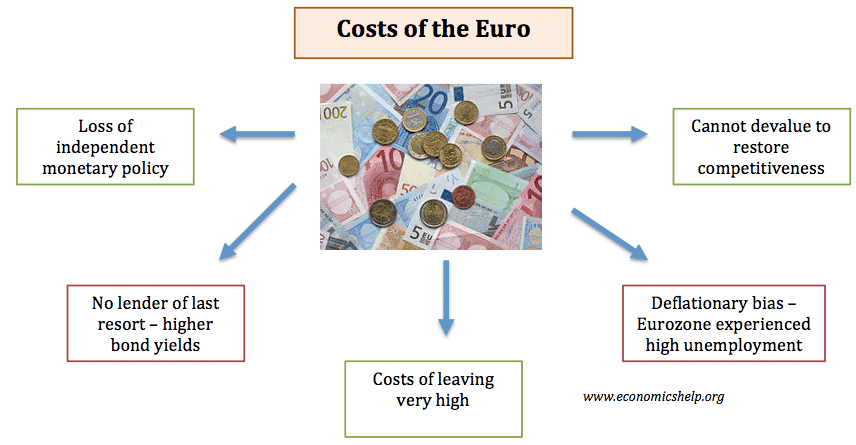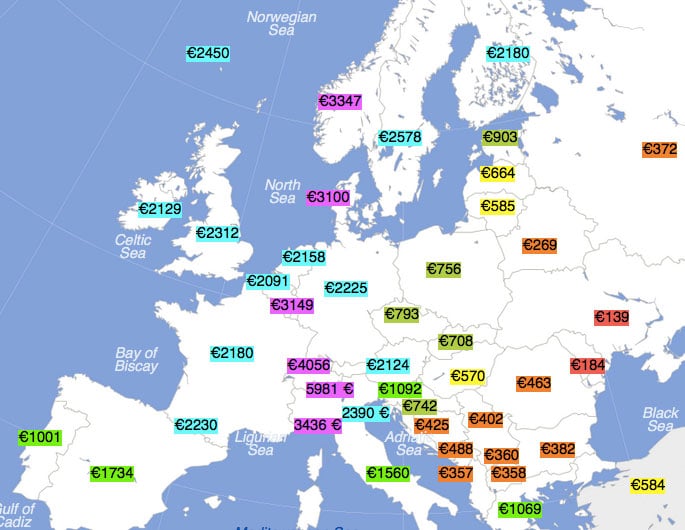Rational expectations
Definition of Rational expectations – an economic theory that states – when making decisions, individual agents will base their decisions on the best information available and learn from past trends. Rational expectations are the best guess for the future. Rational expectations suggest that although people may be wrong some of the time, on average they …



